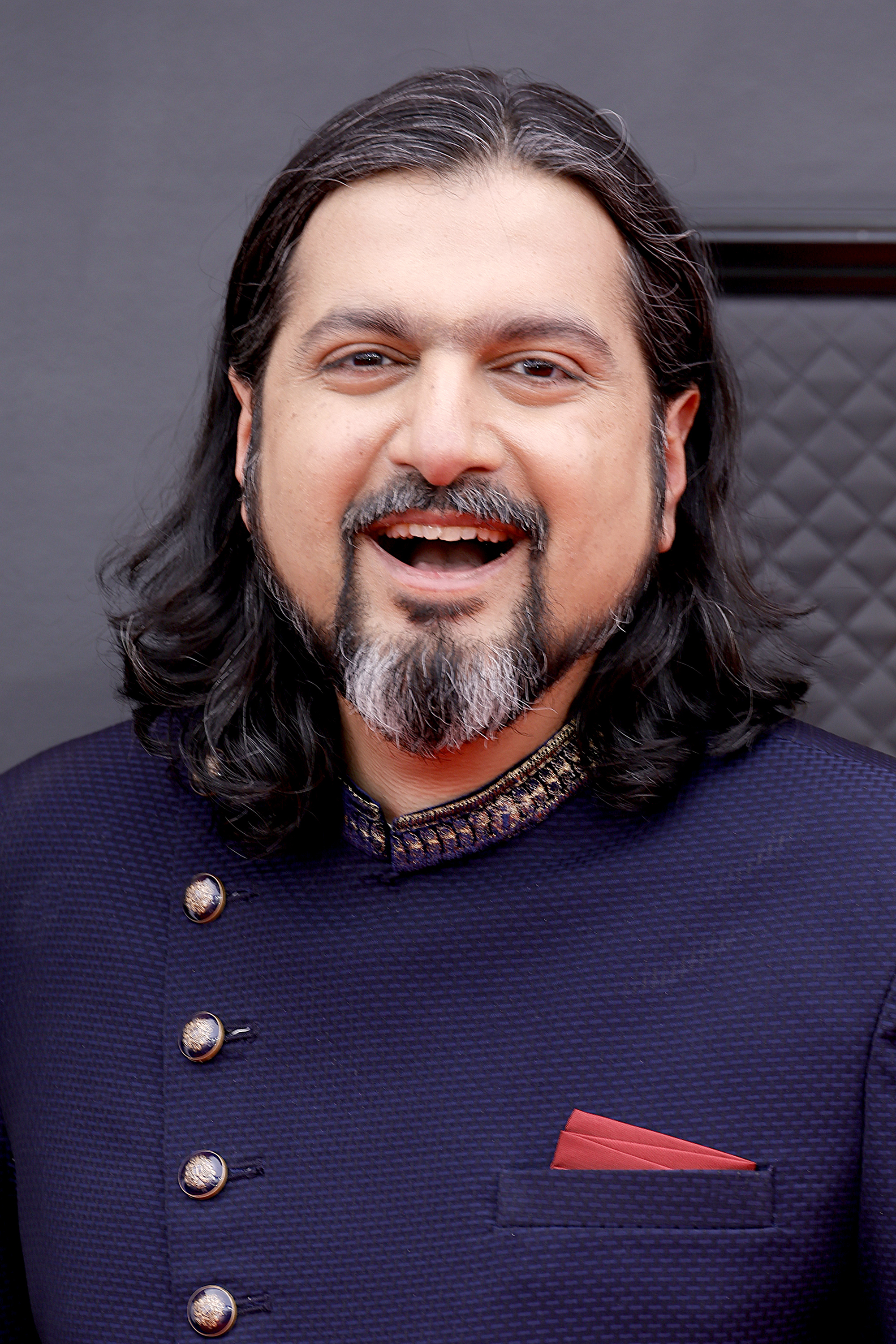
- Music
Ricky Kej, Musician & Environmentalist
Ricky Kej was born in North Carolina on August 5, 1981. At the age of eight, the family moved to Bangalore, where he still resides. He always wanted to be a musician, but his parents insisted he get a degree in dentistry. Unhappy, but following the Indian tradition of bowing to your parents’ demands, he made this deal — he got the degree, but insisted that for the rest of his life, he would live as he wanted, making a career in music.
It paid off. He’s released 17 albums. For years, he made a good living writing advertising jingles, which gave him expertise in countless musical genres, composing catchy hooks quickly and meeting musicians around the world. Kej opened his own music studio, Raveolution, in 2003. He started his music career by self-training, but later he got a formal music education so that he would have the language to communicate with other musicians; he believed it was important to learn the rules so that later you could break them.
He met his wife, Varsha Gowda, VP of an Advertising/PR firm, in 2006. They married in 2014 and she subsequently worked as a musician and shares credit with him on many of his compositions. During this time, Kej decided that the two things he loved most were music and nature, and that his music should celebrate his personal philosophies and passion.
Kej believes, like Jacques Cousteau, that people protect what they love, love what they understand, and understand what they are taught.
His 14th album, “Winds of Samsara,” debuted at Number 1 on the U.S. Billboard New Age Albums Chart in 2014. It won him his first Grammy for Best New Age Album with collaborator, flautist Wouter Kellerman, in 2015. “Song for Kiribati” and its music video focuses on climate change, which is happening now. On the frontline of climate disaster is Kiribati, an island republic in the South Pacific, which will be the first nation to sink into the sea. It has virtually no carbon footprint; the rest of the world will be responsible for its demise.
Indian Prime Minister Narendra Modi met with Kej to congratulate him on his Grammy win and encouraged him to take up environmental issues with his music. In 2016, he was named Goodwill Ambassador for Save the Children’s global campaign, Every Last Child. In 2017, he performed at the United Nations General Assembly in New York at the opening of the first annual NOVUS Summit, which promotes sustainable development. He has won over 100 awards in over 20 countries and has been awarded UN Global Humanitarian Artist.
In 2018, he created “My Earth Songs,” turning UNICEF’s 17 Sustainable Development Goals into children’s rhymes, which were later published in over five million textbooks in various languages. He believes it’s essential to teach conservation to children at a young age in a way they can understand, and that music is a great tool in not only communicating that knowledge but, importantly, retaining it. He says you never forget the songs of your childhood. He performed at the first Global Air Pollution Conference (Breathe Life) at the UN headquarters in Geneva and is a Professor at the National Institute of Advanced Studies, Shimla.
In 2019, he was named Global Ambassador for Kindness by the UNESCO Mahatma Gandhi Institute of Education, as well as UNICEF Ambassador for the Earth Day Network. Since 2020, he also serves as Land Ambassador at the United Nations Convention to Combat Desertification and regards this as a huge concern that will create climate refugees worldwide.
He feels there are two ways to activism — one is shaming people into action, the other is positive reinforcement and love “in what I call the David Attenborough approach.” (Kej composed the musical score for the 2019 Attenborough nature film Wild Karnaktica.)
Kej believes one of the biggest lessons of the pandemic lockdown is that we can change our behaviors quickly and significantly, so despite climate change skeptics, a lot of people making small changes from the ground up, instead of waiting for governments and politicians to act from the top down, can make a big difference to Planet Earth.
We can all reduce our carbon footprint in simple ways. Even a dedicated conservationist like Kej was shocked when he realized that he was taking out a bag of garbage every day. He thought about sustainable consumption and re-use, and now it’s more like every 2½ weeks.
Just this month, Kej won another Best New Age Album Grammy for “Divine Tides,” collaborating with Police drummer Stewart Copeland, who was one of his childhood idols. They worked remotely during the pandemic and didn’t meet until after their Grammy nomination.
When accepting the award, Kej began his speech with the words vasudhaiva kutumbakam, which means “the world is one family.” He continued, “And when we think that the world is one family, the only thing that comes to mind is living in peace within the human species. But we have to go further than that and we have to live in peace with all the entities that live on this planet, whether it is the wildlife, the forest, the elements of nature, the water we drink, the air we breathe, the land we walk on. And “Divine Tides” is about co-existence.”

